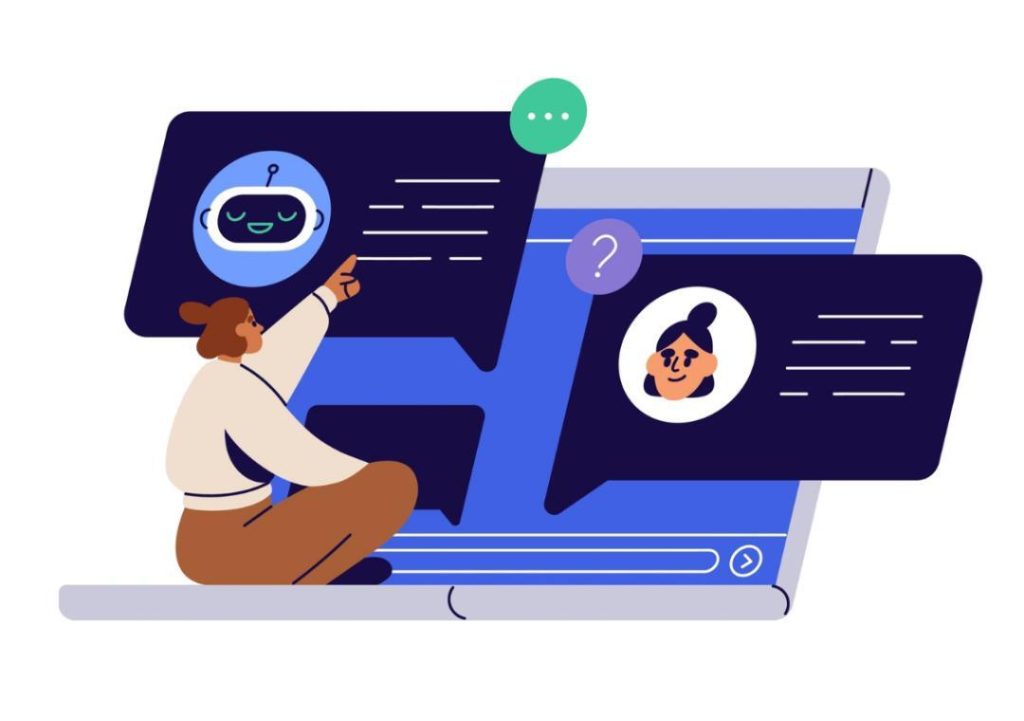
From Guesswork to Growth Loops
As marketing professionals, we’ve all been there – pouring over data, analyzing trends, and making educated guesses about what will resonate with our target audience. But despite our best efforts, it’s often a guessing game. We launch a campaign, wait for the results, and then adjust on the fly based on what worked and what didn’t. This approach might have been sufficient in the past, but in today’s fast-paced digital landscape, it’s no longer enough.
That’s why the emergence of AI copilots for marketing is a game-changer. These innovative tools are designed to learn from user behavior in real-time, adapting campaigns to optimize performance and drive growth. No more guesswork, no more waiting for results – just continuous learning and improvement.
The Limitations of Guesswork
Let’s face it, the traditional approach to marketing is inherently flawed. We rely on assumptions, intuition, and limited data to make decisions. We might spend weeks crafting the perfect campaign, only to launch it and wonder why it’s not performing as expected. And when the results do come in, it’s often too late to make significant changes.
The problem is that our understanding of what drives customer behavior is incomplete. We might know that a certain demographic is interested in our product, but we don’t truly understand their motivations, pain points, or preferences. We might know that social media is a key channel, but we don’t know which specific posts or ads are truly resonating.
As a result, we’re forced to rely on hunches, instinct, and a dash of luck to get the right message to the right people. And even when we do get it right, there’s no guarantee that it will continue to work as the market evolves.
The Rise of AI Copilots
AI copilots for marketing change the game by leveraging machine learning and data analytics to continuously learn from user behavior. These tools use advanced algorithms to analyze vast amounts of data, identifying patterns, trends, and correlations that would be impossible for humans to detect.
With an AI copilot, you can launch a campaign and immediately begin to see how users are interacting with it. The AI analyzes the data in real-time, identifying what’s working and what’s not, and makes adjustments on the fly to optimize performance.
Better Attribution Models
One of the key benefits of AI copilots is their ability to provide more accurate attribution models. Traditionally, we’ve relied on last-touch attribution, where we credit the final touchpoint in the customer journey for driving conversion. But this approach is flawed, as it ignores the complex interactions that occur throughout the buyer’s journey.
AI copilots, on the other hand, can analyze the entire customer journey, attributing conversions to the multiple touchpoints that contributed to the outcome. This provides a more complete understanding of what drives customer behavior and allows us to optimize our campaigns more effectively.
AI-Driven Insights
Another major advantage of AI copilots is their ability to provide actionable insights that inform marketing decisions. With traditional approaches, we’re often left with a mountain of data, but little guidance on what to do with it.
AI copilots, by contrast, use machine learning to identify the most important factors driving customer behavior and provide recommendations for improvement. This might include insights on which audience segments are most receptive to certain messaging, which channels are most effective for reaching those segments, and which creatives are most likely to resonate.
The Future of Marketing
The emergence of AI copilots for marketing marks a significant shift in the way we approach customer engagement. Gone are the days of guesswork and intuition – instead, we’re entering an era of data-driven decision-making and continuous optimization.
As we look to the future, it’s clear that AI copilots will play a critical role in helping brands drive growth and achieve their marketing goals. By leveraging machine learning and data analytics, we’ll be able to create more effective campaigns, better understand our customers, and stay ahead of the competition.
Conclusion
The traditional approach to marketing is no longer sufficient. With the rise of AI copilots, we have a new opportunity to transform the way we approach customer engagement. By leveraging machine learning and data analytics, we can create more effective campaigns, drive growth, and achieve our marketing goals.
So, what’s the next step? It’s time to say goodbye to guesswork and hello to growth loops. With AI copilots leading the way, we can create a more data-driven, customer-centric approach to marketing that drives real results.
Source:
https://www.growthjockey.com/blogs/india-gets-its-first-ai-copilot-for-marketing






